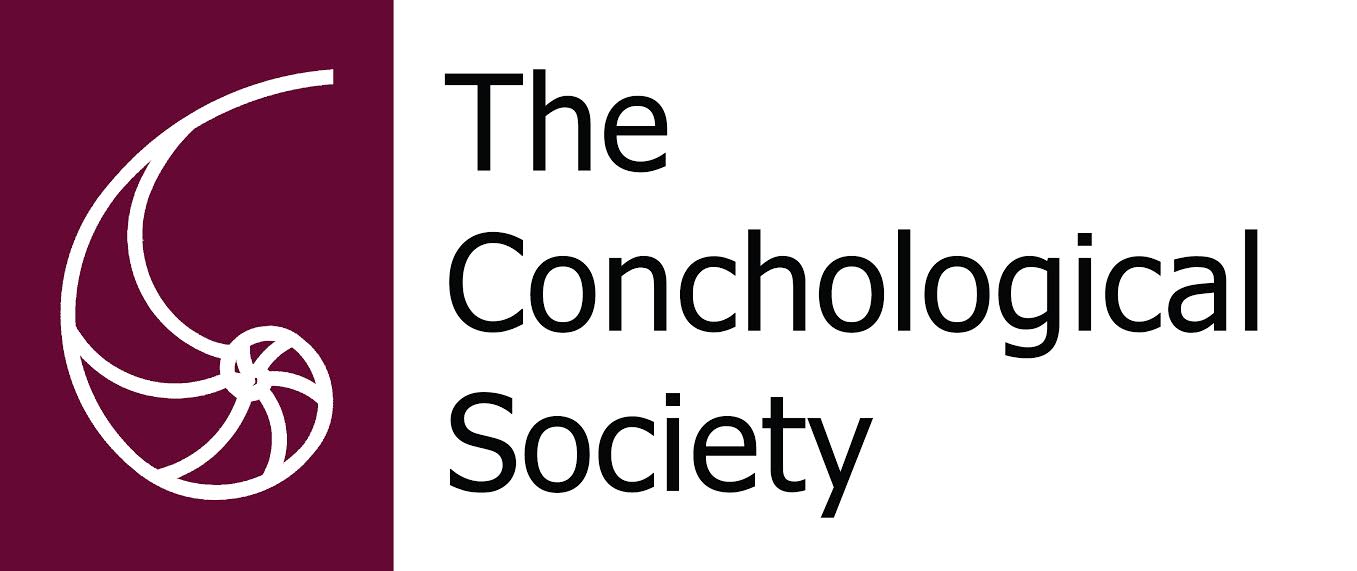By A. W. Stelfox
To the younger members of the Society even the name of R. A. Phillips may scarcely be known, as his last note was read on 11th May, 1935, and appeared in the Journal the following August (vol. 20, pp. 142–5). In this short paper Phillips announced his discovery of living specimens of Vertigo genesii Gredler in several localities in the Irish midlands. Phillips was a magnificent collector and possessed a remarkably critical eye, as the above discovery of Vertigo genesii and of Milax gracilis (Journal of Conchology,19, p. 65) amply indicate. His discovery of living specimens of this Vertigo was perhaps his greatest triumph, but he also added Paludestrina confusa, Pisidium supinum (fossil), and Pisidium moitessierianum to the Irish list. His critical judgment was of much help to the late Charles Oldham and the writer when making a special study of the Pisidia between 1913 and 1920 and, whatever success we may have had in this work, Phillips must be given a large share of the credit. Most of his conchological writing will be found in The Irish Naturalist, or in the Journal of Conchology, and a full obituary has appeared in The Irish Naturalists’ Journal for July, 1946.
Although firstly and mainly a botanist, Phillips was always willing to collect anything for anybody, and hence his name figures largely in the series of faunal and floral reports published by the Royal Irish Academy during the last forty-five years. Son of a County Cork schoolmaster, R. A. Phillips was born at Courtmacsherry, Co. Cork, on 29th April, 1866, and he died at Cork on 20th November, 1945. At the age of 14 he entered the employment of Messrs. Guy and Co., Stationers, Cork, and for some forty years he was one of their chief travellers: he remained with this firm for the rest of his life. Phillips may be described as a genial, but quiet, gentleman, very popular with all who knew him; he had a great flair for natural history and had he been given the opportunity would have made a great reputation for himself as a biologist. In 1901 he was guilty of turning loose English specimens of Theba cantiana at Tivoli, Cork – an act which he subsequently regretted – where a colony flourished for some years on the railway line near the (now demolished) station, and may still be there.
